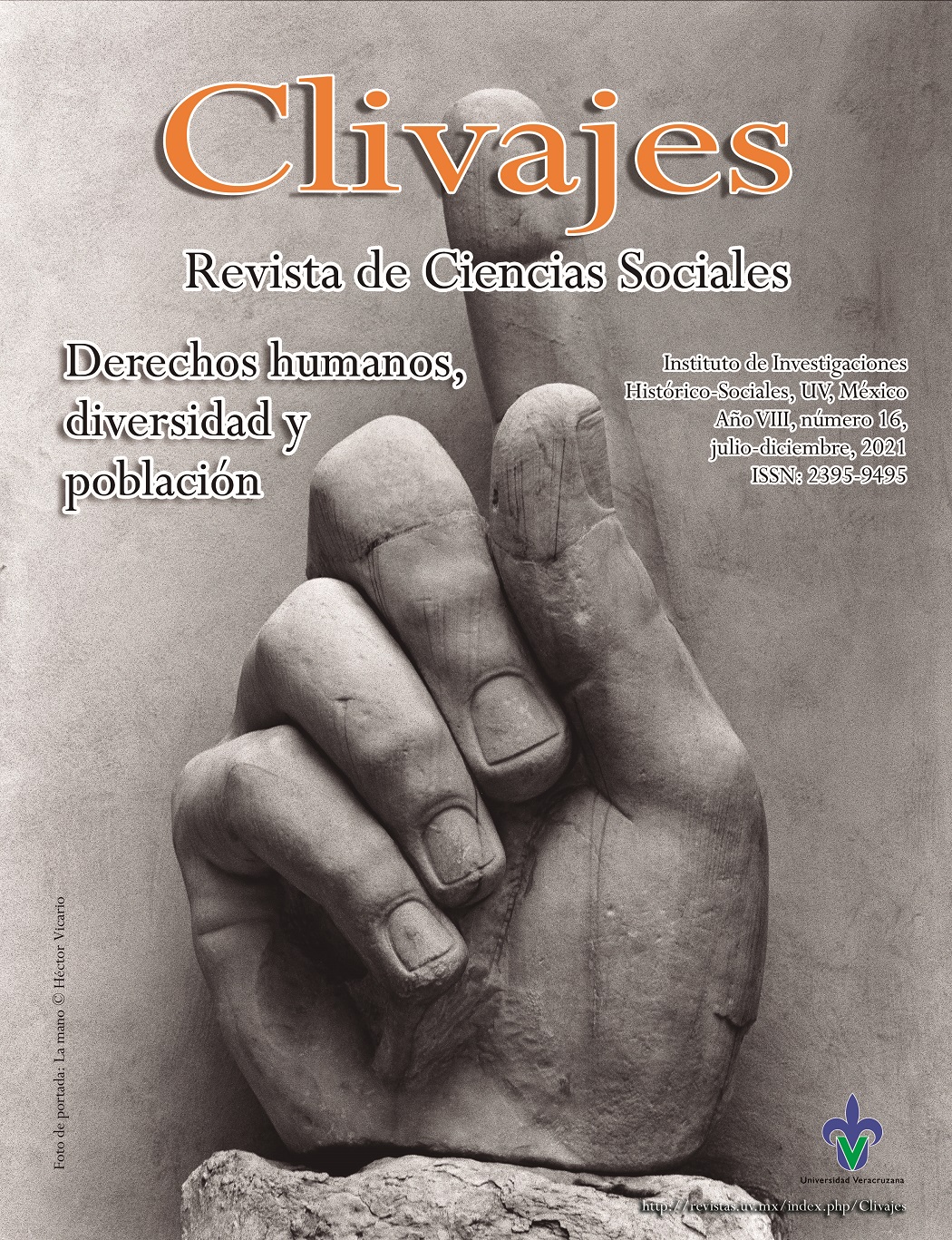Abstract
Economic inequality, conceptualized as the difference between high and low incomes, is a historical condition in Mexico and Latin America, the most unequal region in the world. The well-being of the population depends to a large extent on the reduction of inequalities. State capacity is a modern approach to the study of the role of the State and the neoliberal economic policies that have limited the State's possibilities of response to the complex contemporary situation. The objective of this paper is to identify the impact of state capacity measured through revenues collected and social spending (as a percentage of gross domestic product) and its relationship with the Gini coefficient. Using a methodology based on the concept of state capacity, with data standardized by the Economic Commission for Latin America and the Caribbean (ECLAC) for Argentina, Brazil, Chile, Colombia and Mexico. The results show that the higher the revenue collection, the higher the social spending and the lower the inequality. In conclusion, the empirical evidence shows that "weakness" in terms of state capacity is correlated with high economic inequality in the country.
Keywords: Development, Income distribution, Inequality, Latin America, State capacity


